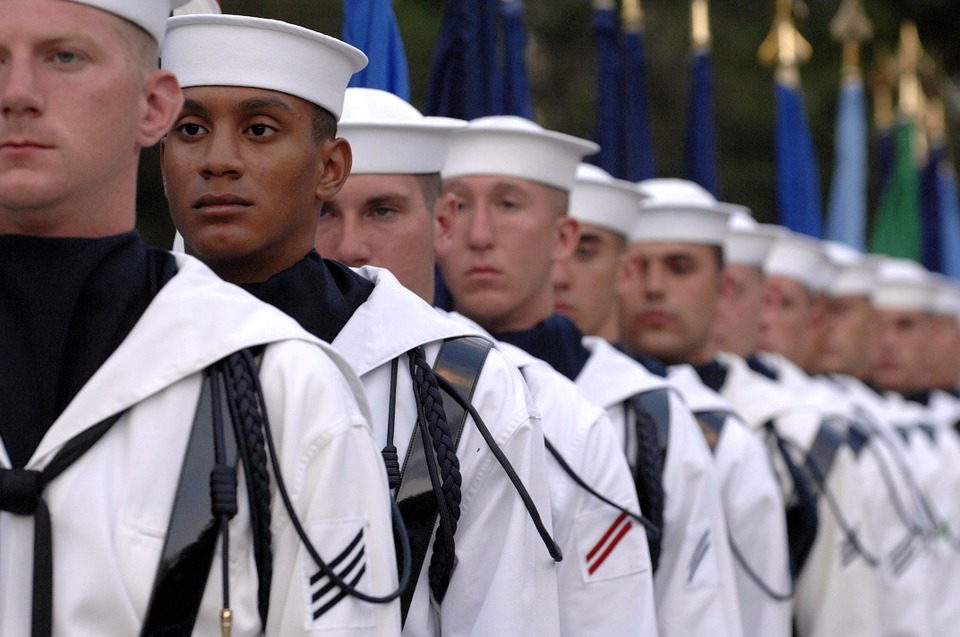At last week’s Nor-Shipping event, The Mission to Seafarers hosted a panel debate attended by leaders in seafarer welfare to discuss the very real risk of modern slavery in the shipping industry.
Introduced in 2006, the Maritime Labour Convention has been guaranteeing seafarers the right to decent work conditions, accommodation, food, and medical care, amongst other standards. However, seafarers can be vulnerable to exploitation and abuse when working in isolated conditions, away from friends, family, and support networks, and while dependent on their employers to provide any means of communication with the outside world.
An expert panel, made up of representatives from the RAFTO Foundation, the Institute for Human Rights and Business, Norwegian OECD NCP, and Human Rights at Sea, came together to discuss the challenges associated with tackling this issue, and strategies for its elimination from the shipping industry.
“The key agreement from the debate was that the shipping industry needs to increase levels of transparency when it comes to human rights,” said Ben Bailey, Assistant Director of Advocacy at The Mission to Seafarers. “The term ‘human rights’ is notably absent from instruments such as the Maritime Labour Convention, leaving space for exploitative practices to be carried out by less scrupulous members of our industry. Increased cross-industry collaboration and closer work with NGOs, would allow the shipping industry to create and enforce policies which reduce bonded labour, and ensure the industry is a safe and attractive career option for seafarers globally.”
Although the panel agreed that the Maritime Labour Convention is a basic set of rights for crews, there were calls for national legislatures to do more to protect workers operating in their territorial waters and exclusive economic zones. There was a strong consensus that the shipping industry is “behind the curve” both in terms of action and discussion of human rights, and that among less conscientious ship owners and operators, there can be a tendency to see human rights as a “tick-box exercise” that must be gone through, as opposed to a necessary and beneficial opportunity to create a fair and productive working environment.
All panellists came together to urge investors and buyers to use their commercial power and ensure that their operations, and those of their suppliers or charterers, are open to scrutiny, and that human rights diligence is performed to the standards laid out by the International Labour Organisation.
“Exploitation within the shipping industry goes deeper than conditions on board vessels. When crews come to us, the problems they have often have roots within the shadier side of shipping, with harmful employment practices and bonded labour coming up on a regular basis. We believe that the debate was an important step forward in ensuring all people connected with our industry are treated with fairness and dignity.” Bailey concluded.




























